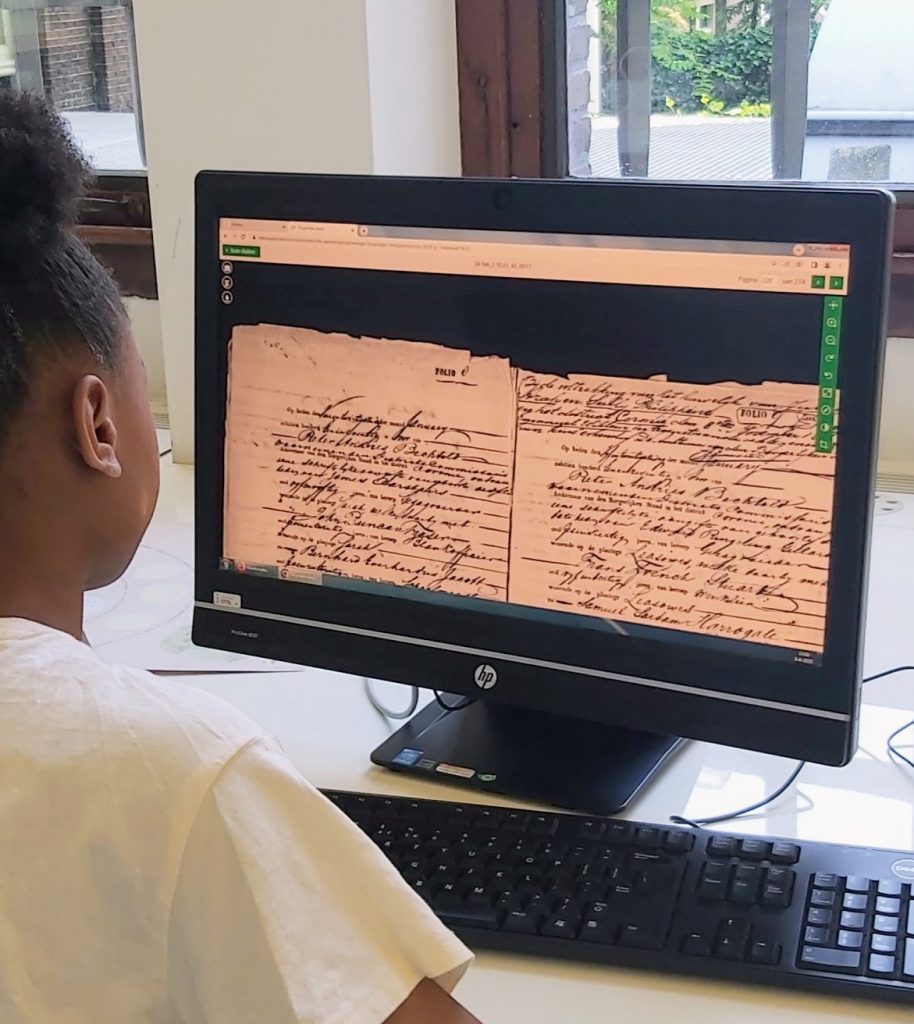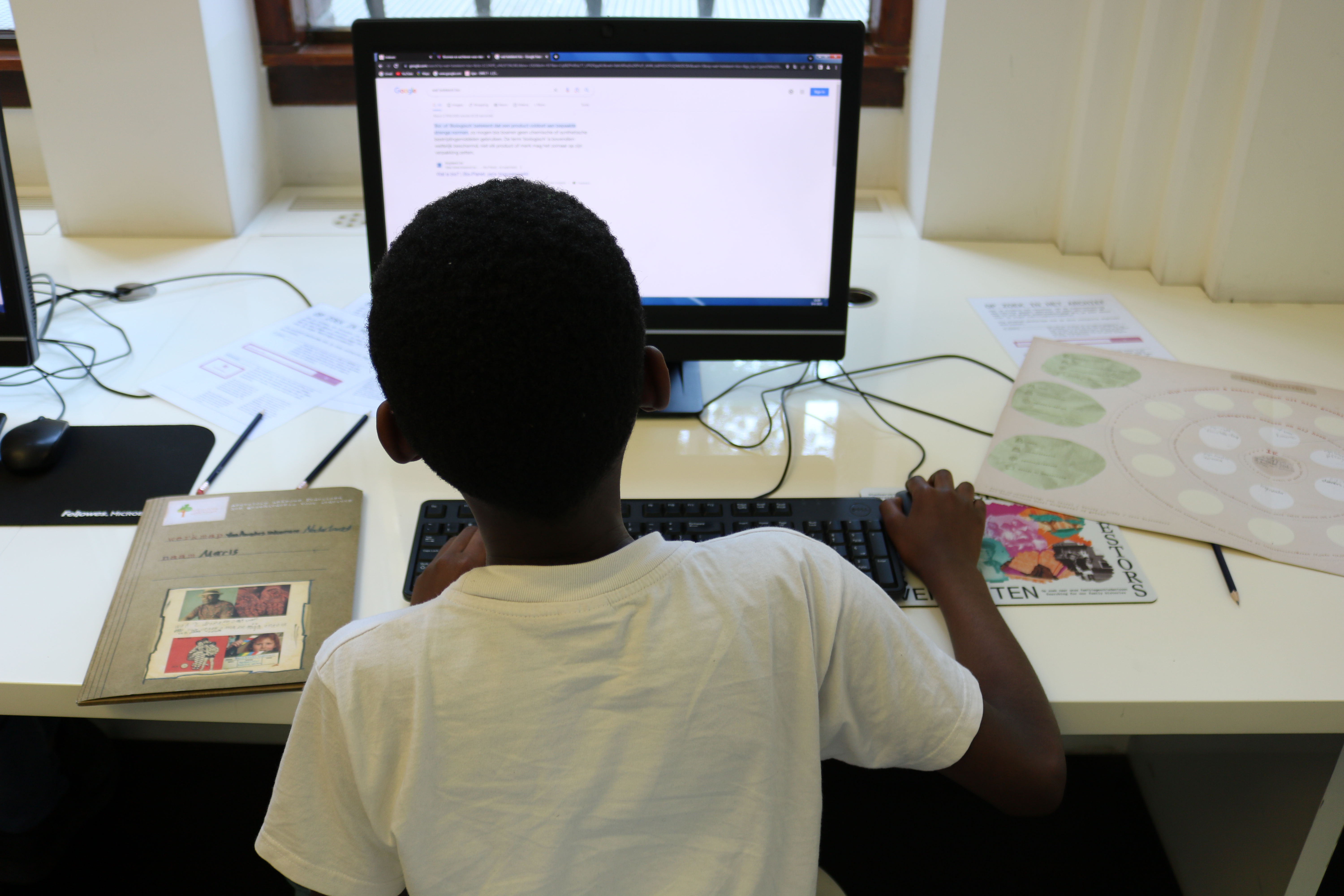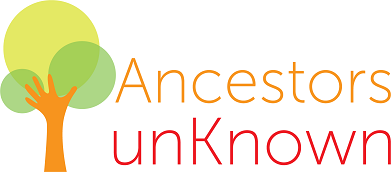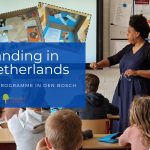Enhance UK History Education with Ancestors unKnown
In 2021, Ancestors unKnown was officially established as a UK social enterprise with the goal to enhance UK history education. After developing rich programmes that continue to expand in The Netherlands and Suriname, as well as several projects in the United States, we saw a clear need for our work to benefit the education and well-being of young people in the UK.

Admittedly, it’s been tricky to establish our footing in the country to bring personalised history education and other untold histories into classrooms. Despite support from organisations like Hatch Enterprise, the Fair Education Alliance, and the School of Social Entrepreneurs, creating change has been a slow process.
But the people want change! There have been clear and adamant calls among educators and the public to diversify history education and better represent young people in primary and secondary school classrooms. Unfortunately, we’re seeing a rather relaxed and nonurgent response to the problem. This is particularly the case among government officials and the country’s white-dominated funding landscape.
To evidence the need for programmes like Ancestors unKnown in UK schools, let’s consider some of the recent challenges and proposals that have been made to enhance history education and improve the national curriculum.
What is (wrong with) the UK National Curriculum?
According to the UK government, the national curriculum is “a set of subjects and standards used by primary and secondary schools so children learn the same things. It covers what subjects are taught and the standards children should reach in each subject”.
The curriculum makes no requirement to teach history in a manner that represents the diversity of the UK population.
The curriculum is divided into 4 key stages, in addition to early years for children ages 3-5. In each stage, educators must fulfill specific requirements for children to learn about key subjects, including history. For example, in Key Stage 2, children ages 7-11 are meant to learn about the history of Britain “from the earliest times to the present day”, as well as the history of other parts of the world, including the wider European context.
Although the expectations for each stage are useful and broadly applicable, a common complaint is that the compulsory curriculum fails to incorporate marginalised voices, including Black people, women, and people with disabilities. The curriculum makes no requirement to teach history in a manner that represents the diversity of the UK population.
Further, the national curriculum often portrays white British people as the norm, while Black, Asian, and other ethnic minorities in the country are treated as “the other”. This reinforces stereotypes and dangerous biases. And teachers are not instructed to teach students about the importance of equality, diversity, or social justice issues.
Challenging the Curriculum to Enhance UK History Education
Expert research has galvanised a national push to challenge history education in the UK.
In 2012, the Runnymede Trust published a research paper: “Making British histories: diversity and the national curriculum”. Their goal was to “generate a broader discussion about the teaching of history in a diverse society.” In part, as summarised by the British Library, the report discussed “the opportunities for opening the curriculum up to alternative voices and narratives, particularly through ‘patch’ approaches, local and oral histories”.
Based on a 2019-20 study among 2,000 UK educators, Pearson published a Diversity and Inclusion in Schools Report. The study revealed 80% of educators believed more could be done to celebrate diverse cultures, people, and experiences in UK education. The report reflected a particular need for UK education to better represent and address the needs of Black, Asian, and other minoritised pupils. It also raised concerns about the inclusion of students with special educational needs and disabilities (SEND).
In 2020, Pearson recommended the following national improvements:
- More authentic portrayals of diverse communities, people, and experiences in the content that is taught in schools;
- Greater guidance for educators to build confidence and understanding about diversity and inclusion; and
- Ensuring that the voices of children and young people are heard on these issues.
Then, in 2020, people throughout the UK began to formally demand “a far more inclusive curriculum”.
Following the rise of the global Black Lives Matter movement, a national petition received nearly 270,000 signatures, calling for the UK government to “teach Britain’s colonial past as part of the UK’s compulsory curriculum”. If successful, the petition would have required schools to teach about topics related to Britain’s role in colonialism and the enslavement of African people.
Supporting the petition, The Black Curriculum, a social enterprise that aims to address the lack of Black British history in the UK Curriculum, published a report to challenge the government’s lack of requirements for an inclusive curriculum in 2021. The organisation explained the need for national change: “The current History National Curriculum systematically omits the contribution of Black British history in favor of a dominant White, Eurocentric curriculum, one that fails to reflect our multi-ethnic and broadly diverse society”.
One of The Black Curriculum’s key recommendations was to infuse the teaching of Black history throughout the year.
Unfortunately, the government’s response to the petition was rather lacklustre and noncommittal, claiming the curriculum already gives teachers the “freedom and flexibility” to teach about Britain’s role in colonisation and the transatlantic slave trade.
Yet, according to the House of Common Petitions Committee, 69% of UK educators still ‘strongly disagreed’ or ‘disagreed’ that the curriculum “guarantees that children leave primary school with an appropriate understanding of Britain’s diverse history”.
How Can Ancestors unKnown Enhance UK History Education?
As described above, the country has several experts and practitioners who are already making improvements to history education for young people in all key stages. For example, The Black Curriculum provides teachers with lesson plans and other valuable resources that teach pupils about numerous Black history topics.
And several other resources have emerged, including Alternative Curriculum, which makes a number of diverse history topics more accessible, including “Pride” and “Black History of Britain”.
Ancestors unKnown takes history education a step further by making history personal.
While it is essential for teachers to access lessons about major historical events that relate to marginalised communities, Ancestors unKnown takes history education a step further by making history personal, which is a noticeable gap in the country’s history knowledge.
It’s important to learn about “heroes” who look like you, such as Nanny of the Maroons in Jamaica during the 18th century, and more recently the leaders of the Bristol Bus Boycott in 1963. Yet, Ancestors unKnown views our every day (and often overlooked) ancestors as heroes as well – all of whom have a lesson to teach us about the past.

For children to understand and value their identities and their place in the world, they should feel empowered to enquire about their own histories, their ancestors, and the people who came before them in their communities.
Some of the reflections we want Ancestors unKnown students to embrace:
- Where and how were my ancestors affected by colonialism?
- When and why did my ancestors migrate to this country?
- How was my community impacted by political/social uprisings? And did my ancestors participate?
- And, if much is not known about my ancestors, why is that? What can I do to change the bias in archives and historical memories?
We take this step further to personalise history education because we believe young people engage even more when the topics aren’t just diverse, but the lessons are specifically about them.
So, as we aim to reach more schools and serve more educators throughout the UK, we’re positively contributing to the diversification of the national curriculum.



